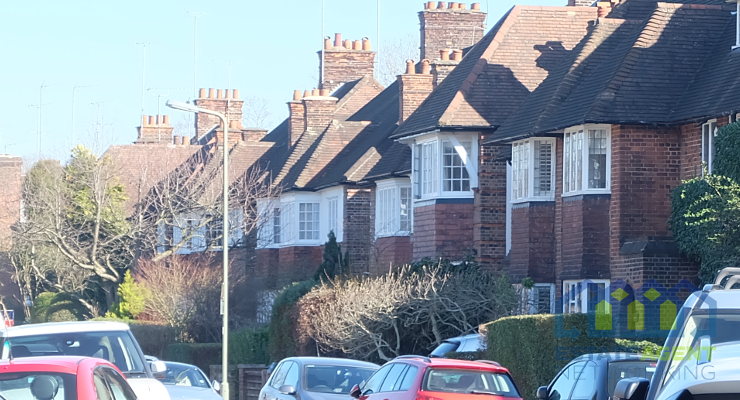Market uncertainty makes it a nervous time for investors
The way in which the property market is moving is making it difficult for investors to make decisions. The referendum that is taking place on the 23rd June will determine whether Britain remain in the EU or leave it and until the result is announced the property market is going to move extremely slowly. Investors are likely to act cautiously and are not going to take a gamble and this is especially true in the likes of London because it is likely to be affected by the UK leaving the EU.
There are many other factors that can affect the number of transactions. Retail funds are behaving in a negative way and this is a good sign of a change in the way investors are feeling, there is also the issue of discounts to ne values in some of the bigger property stocks. There has also been a drop in the number of people underbidding on property, however, for those investors who already have property, the low number of properties available mean that rent will take an upward turn.
Interest rates are still incredibly low and they are looking like they could stay that way for some time. Therefore, now is a good time to consider purchasing a property and investors should look beyond the short term problems.
The chancellor has made things difficult for investors due to the increase in stamp duty to 5% on commercial property and this has had consequences for those investors who are using bricks and mortar to build a pension fund.
The property market is expected to have a low growth and a low return and this is likely to cause problems for investors when it comes to moving assets around in order to improve their portfolios. Charities will benefit as they are exempt from paying stamp duty and this means that they can purchase the market at a reduction of 1%.
Investment trusts are the winners when compared with unit trusts as these have wider dealings to handle. The growth in investment trusts holding alternatives will be under scrutiny as it could be boosted.
However, the private rented sector (PRS) has not really been given the opportunity to get moving. It is a real challenge to see returns from the values currently seen today but 3% second home stamp duty premium that was introduced has not been welcomed at all. When the aim is to build more homes it seems as though the decision to implement these changes could have a serious negative effect, particularly on buy-to-let property investments.
It could be possible to achieve the same objective should the increase of 3% be removed for assets that had planning conditions placed upon them that restricted the use to long-term PRS.
Q1 leaves a lot to be discussed but unfortunately not a lot of it is good news for property investors in the UK.









